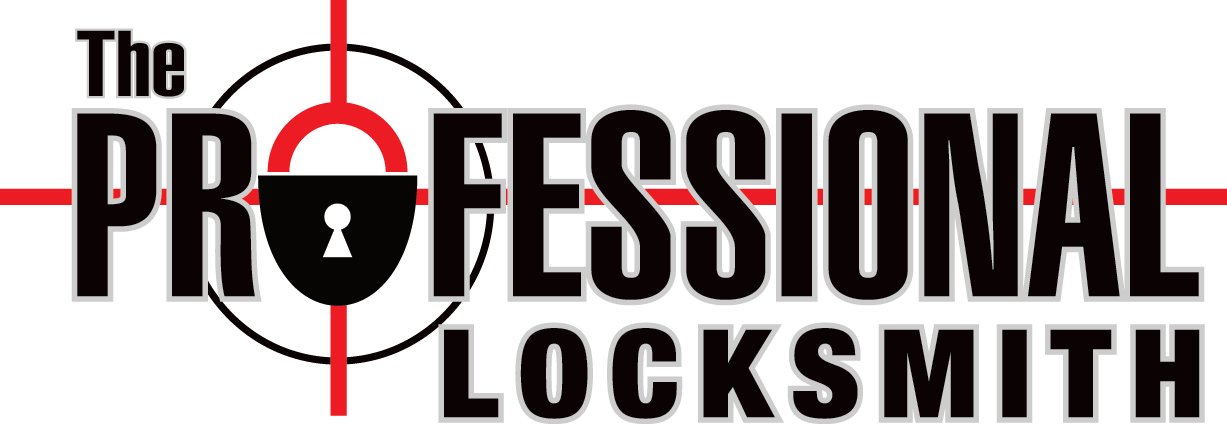Home security is an integral part of homeownership. No matter if you're just starting out or have been a homeowner for years, it's essential to keep your house and family secure from harm.
Fortunately, there are many ways to bolster your home's security. Let’s look at some of the things you can do to increase your home security.
Install Security Cameras
Security cameras are an excellent way to monitor your home when you're not there. They come in both wireless and wired varieties, usually featuring features like night vision and person detection.
Ideally, you should place them near the main entrance to your home on the ground floor as well as in the main hallways and second floors. However, this will depend on how secure you want your house to be and whether there are privacy or data security concerns.
Some smart cameras can even detect motion or be connected to a home safety alarm system to start recording when someone walks past. This comes in handy when you're away from your house and worrying about your kids or pets.
Get Better Door and Window Locks
As a first line of defense against burglars, investing in quality door and window locks is recommended. A well-fitted lock deters intruders from entering your property, giving them time to escape with your belongings.
Window locks come in a range of styles to fit specific window styles such as casement windows. Which type you select will depend on your requirements and budget; there's no one-size-fits-all approach here - choose what works best for your requirements!
The strongest and safest locks will have a Grade 1 rating from ANSI. While these are the priciest options, they also provide the highest level of security.
Add in Smoke Detectors
Smoke detectors are essential devices in any home. Not only do they help you escape a fire before it's too late, but they can also save lives.
They detect smoke particles entering a sensing chamber, altering the electrical balance of air and activating a horn. Which type of smoke detector you select depends on what kind of fire you are trying to protect.
Smoke detectors come in two main varieties, ionization and photoelectric. Both types can detect both flaming and smoldering fires with different sensitivity to small black soot particles from flaming fires, while photoelectric detectors are more sensitive to large white or light-colored smoke particles from smoldering fires. Dual-sensor smoke detectors combine these technologies for maximum detection accuracy.
Install Carbon Monoxide Detectors
Carbon monoxide detectors are essential components of home security in your home. This colorless and odorless gas has the potential to cause serious medical problems or even death in rare instances.
Detectors detect poisonous gas in your home and alert you before it's too late, saving lives. For optimal effectiveness, they should be installed high up so that everyone in the household can hear the alarm sound.
The Centers for Disease Control and Prevention (CDC) recommend installing carbon monoxide detectors on each sleeping level as well as near any major fuel-burning appliances. Be sure to adhere to the manufacturer's instructions for installation, maintenance, and scheduled inspection when following their instructions.
Hardwired smoke and carbon monoxide detectors connect directly to your home's wiring, often including backup batteries for added security. Battery-operated CO detectors require less installation effort and work even during power outages.
Along with installing these devices for better home security, you can also plant the right bushes in front of easy-to-access windows, add specific items to your door locks to make them stronger, and so much more. Working with a good Chicago locksmith can help you assess your home security needs.
